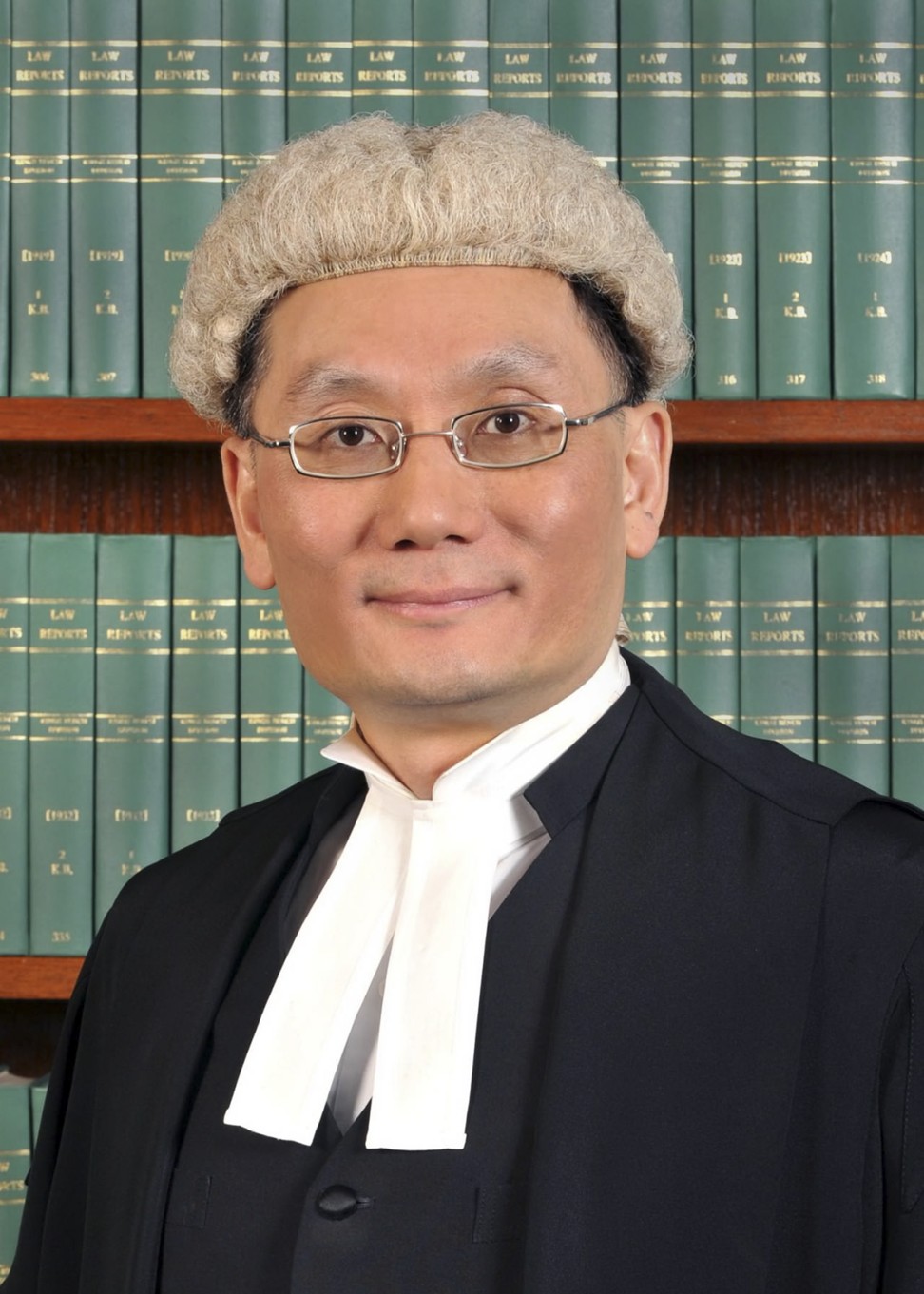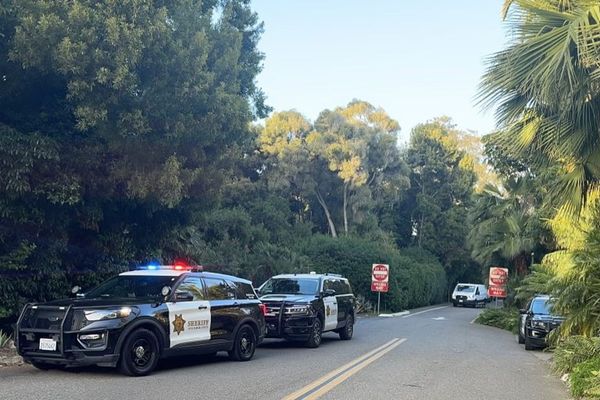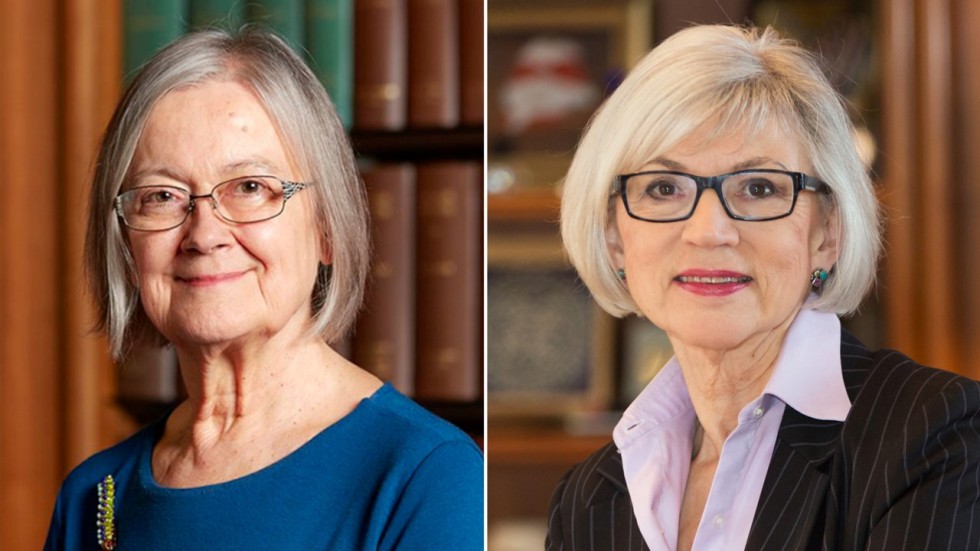
Two pioneering women from the UK and Canada will join Hong Kong’s top court and become the first female non-permanent judges in the city’s judiciary.
Baroness Brenda Hale and Beverley McLachlin already made history in their native jurisdictions as the first female judges to head the top courts in the UK and Canada respectively. While Lady Hale will be joining her former colleague Lord David Neuberger on the bench, it will mark the first time a Canadian chief justice is serving.
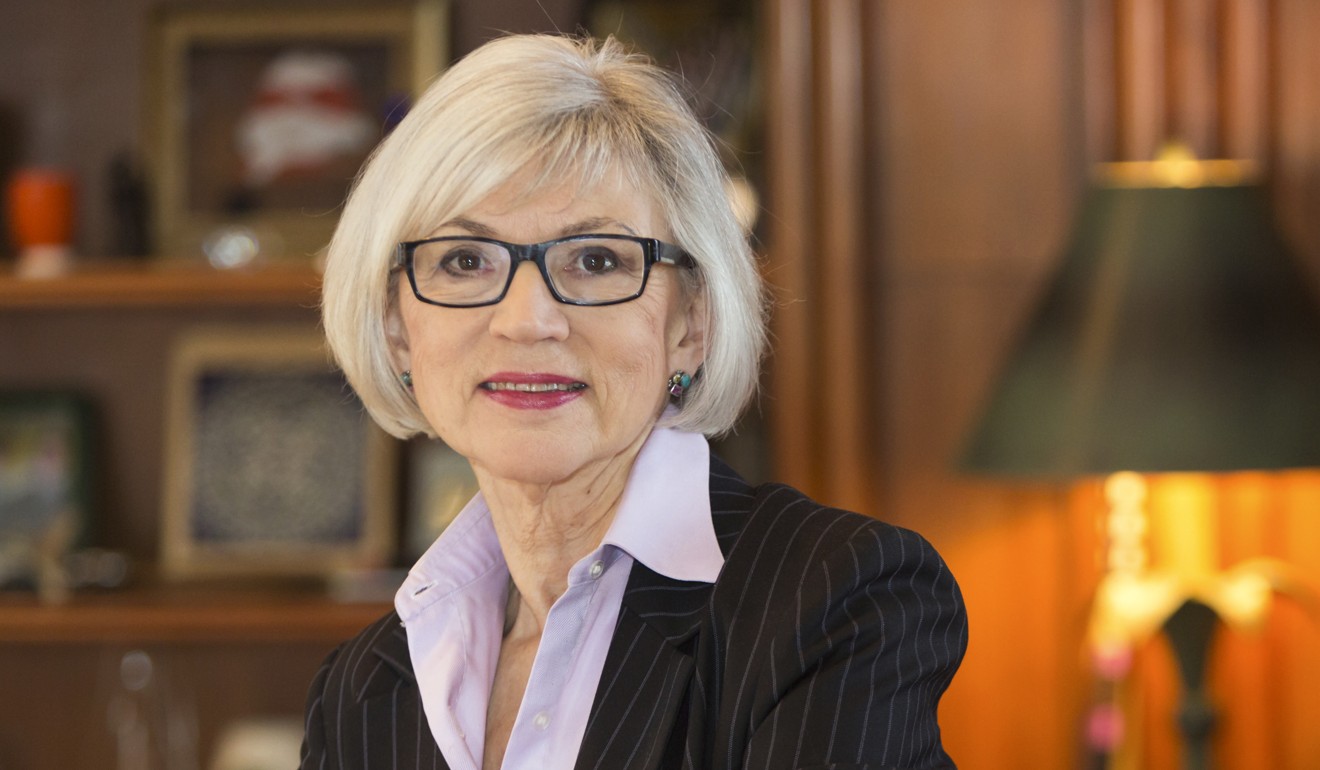
Their presence will expand the count of foreign judges at the Court of Final Appeal from 12 to 14.
The historic appointment on Wednesday was accompanied by news that Mr Justice Andrew Cheung Kui-nung, Chief Judge of the High Court, would be promoted as a permanent judge of the Court of Final Appeal.
Lady Hale, 73, is currently president of the UK’s Supreme Court and widely regarded as a liberal judge and champion of equality. Her coat of arms reads: “women are equal to everything”.
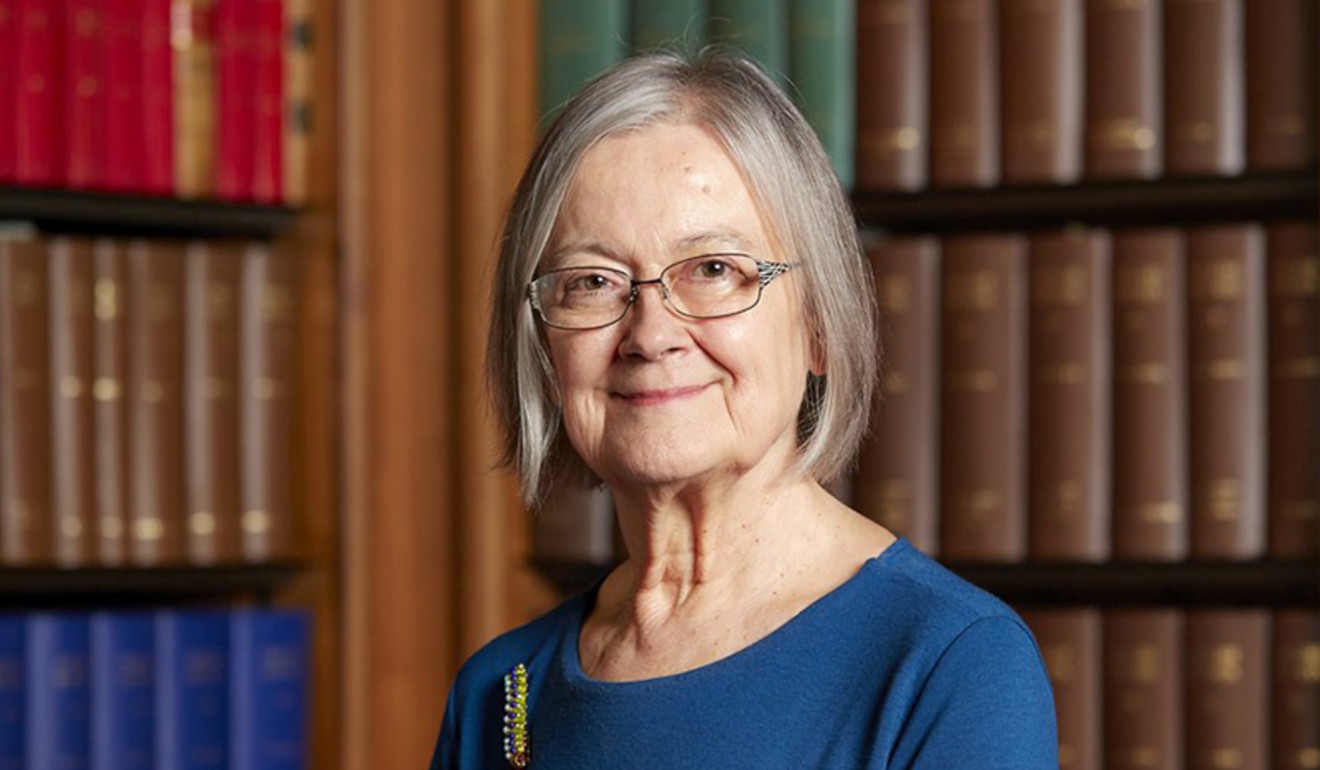
Her influence was felt acutely in Hong Kong in two landmark gay-rights cases involving QT and Leung Chun-Kwong. Local judges in those cases cited Hale’s legal reasoning in a British case when they ruled Hong Kong authorities indirectly discriminated against same-sex couples.
Hale had argued it was “difficult to see” how heterosexuals would be encouraged to marry by the knowledge that “some associated benefit is being denied to homosexuals”.
Bar association condemns insults directed at non-Chinese judge in Hong Kong who jailed senior policeman
McLachlin, 74, was the first female chief justice of any top court in the British Commonwealth. She retired from the position last December.
Perceived as a “centrist”, McLachlin has affirmed the indigenous rights of cultural minorities.
Their appointments require Legislative Council approval, but local lawyers and politicians from across the political spectrum welcomed the news.
Legal sector lawmaker Dennis Kwok applauded the appointments as improving gender balance at the Court of Final Appeal, and said the news represented a “vote of confidence and strong boost” to the city’s rule of law and judicial independence.
But Kwok would not speculate whether their presence would create a more liberal approach on the bench, stressing that courts would only issue rulings based on evidence and legal principle.
Hong Kong Law Society vice-president Melissa Kaye Pang praised Hale as an experienced liberal judge who would bring positive change to the city.
While male judges predominate in the local judiciary, the overwhelming majority of young lawyers and law students are women, Pang said. She added that in the long run their numbers would improve gender balance in the judiciary.
‘Sensitive’ women more attuned to modern crime-fighting, says Hong Kong’s first female deputy police chief
Chief Executive Carrie Lam Cheng Yuet-ngor expressed excitement over the “historical moment” of not just one but two female judges joining the top court.
Its composition is poised to change further. Current Court of Final Appeal judge Mr Justice Robert Tang Kwok-ching is to become a non-permanent judge. Both his and Cheung’s appointments are due to take effect from October.
